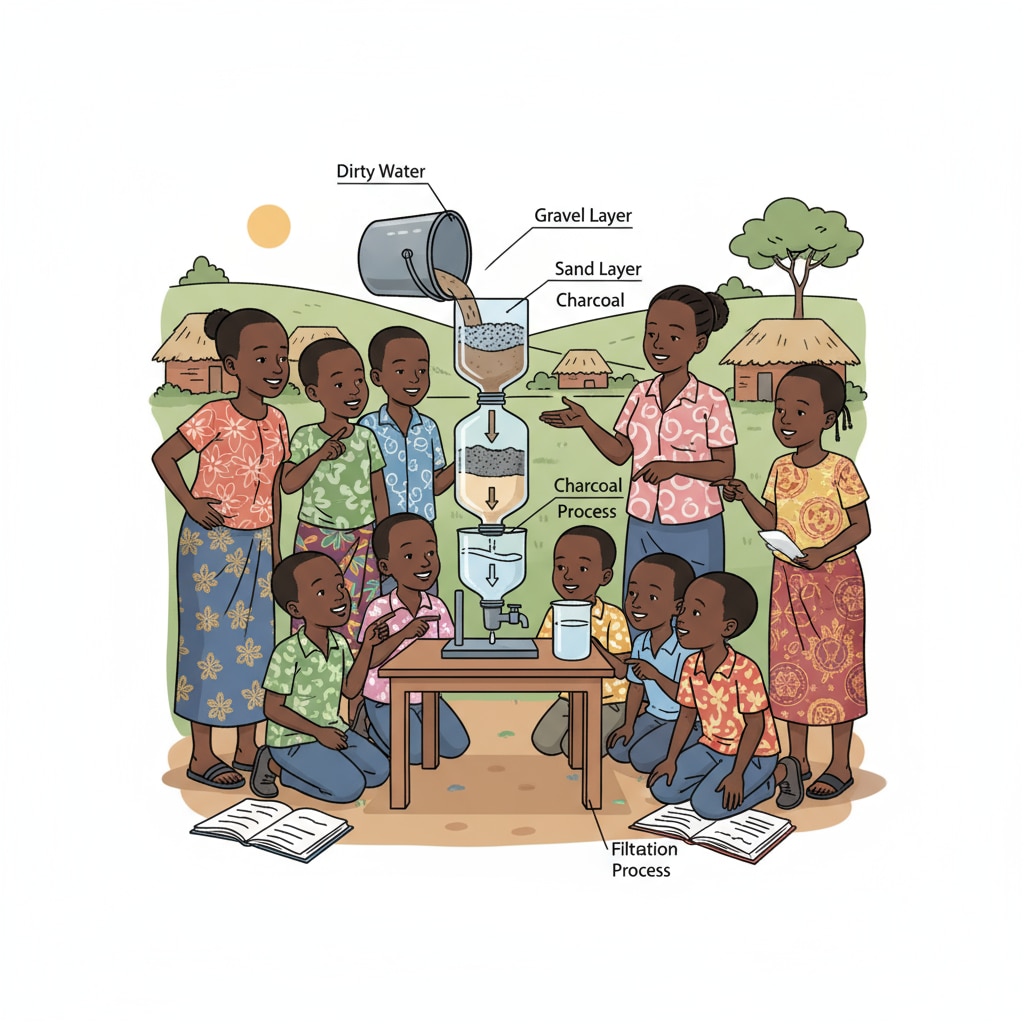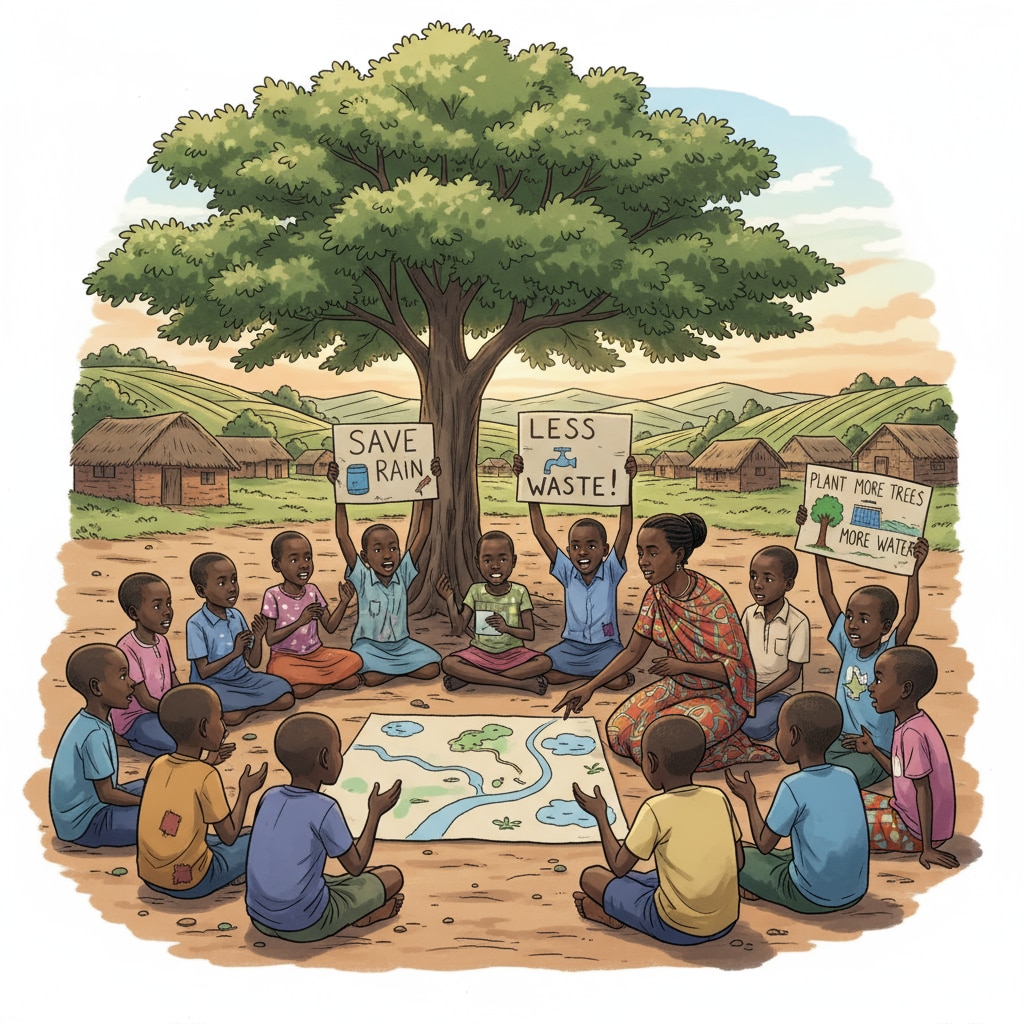In the context of limited resources, STEM projects for Rwandan children in rural areas regarding water resources education hold great significance. These initiatives aim to cultivate scientific thinking and problem – solving abilities among junior high – aged children while raising their awareness of local water management.

As we know, water is a vital resource, and understanding it is fundamental for sustainable living.
The Significance of Water – related STEM Education in Rural Rwanda
In rural Rwanda, access to clean water is often a challenge. By integrating STEM education into water – related topics, children can gain practical skills. For example, they can learn about water quality assessment, which is essential for ensuring the safety of the water they use. This knowledge not only benefits their daily lives but also paves the way for future careers in water management. Moreover, it instills in them a sense of environmental stewardship. According to Water supply and sanitation in Rwanda on Wikipedia, improving water access and management is a key development area in the country.

Designing Simple STEM Projects with Limited Materials
One feasible project is to create a simple water filtration system. With materials like sand, gravel, and old plastic bottles, children can build a basic filter. This hands – on activity teaches them about the physical process of filtration. Another project could be a water cycle model. Using cardboard, colored paper, and a small water source, they can represent the different stages of the water cycle. These projects are not only engaging but also help children understand complex scientific concepts in an accessible way. As stated in Water cycle on Britannica, the water cycle is a fundamental concept in understanding water resources.
To ensure the success of these projects, teachers can provide step – by – step guidance. First, introduce the theoretical background of the project, then demonstrate the construction process, and finally, let the children experiment on their own. This approach helps them internalize the knowledge and skills.
Readability guidance: In this article, we have used short paragraphs to convey information clearly. Each H2 section has key points presented. The use of active voice is prioritized, and transition words like “moreover”, “for example” are added to enhance the flow of the text.


